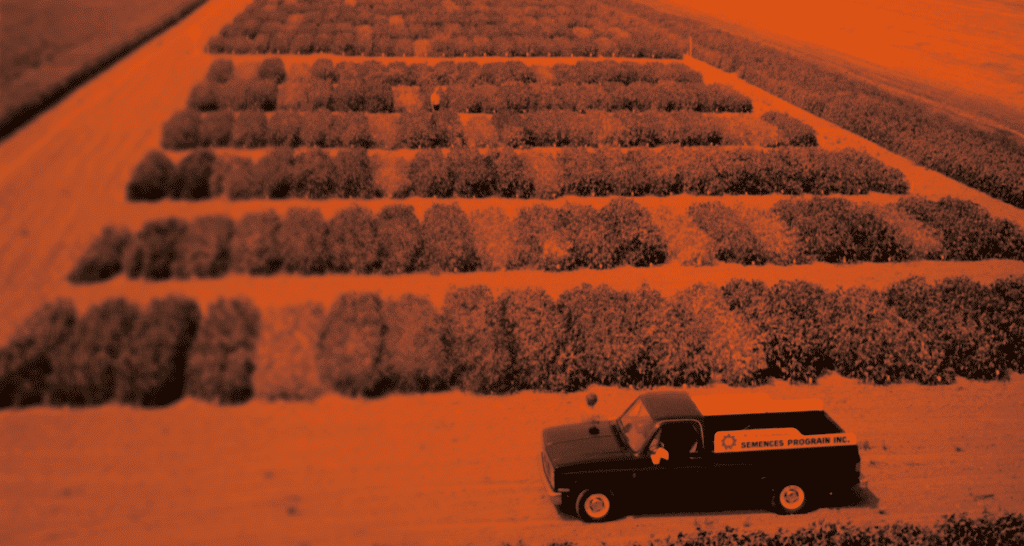As it marks its 40th anniversary, Prograin gives us a glimpse at its philosophy of serving growers on the Prairies.
It all began with a desire to do things differently. The concept: market value-added soybeans that are 100% adapted to Canada’s climatic conditions and economic realities and deal directly with local growers.
The idea first took root in 1980, in Saint-Césaire, Québec, in the mind of farmer and Prograin founder Clément Létourneau.
Four decades later, the soybean landscape in Canada has changed dramatically, and so has Prograin. Now headed by Alain Létourneau, the Prograin name is no longer known in just Eastern Canada but is now familiar in the West. In 2015 Prograin decided it was time for the brand itself to be present with its own distribution in Western Canada. Prograin is the largest private value-added soybean company in Canada.
“We were already on the Prairies, but under license to private brands. That move coincided with a renewed vision of expanding the brand and making sure it was available across the world,” says Alexandre Beaudoin, VP sales and marketing for Prograin based in Quebec.

Here at home in Canada, the brand has brought a unique vision for soybeans to the Prairies, says western Canadian sales manager Shawn Rempel.
Soybeans have seen interesting times on the Prairies over the past few years. After big growth in 2017 — a record year with 2.3 million acres of soybeans — a steady decline has followed.
“Anyone in business knows when you lose 25% of acres three years in a row and go down to one million acres in 2020, that’s quite a change,” Rempel says.
Some soybean companies would panic, but not Prograin.
“It’s opened up a big opportunity for us to focus on soybean as a specialty crop, much like canola when it was introduced on the Prairies. A lot of growers, in Saskatchewan especially, are viewing soybean as a key crop they can integrate into their rotation. Soybean has become an important piece of the puzzle for them. That old paradigm of soybean as just a big commodity crop is becoming a lot more nuanced.”
Part of that puzzle is deciding whether to grow a GMO variety of soybean or a conventional one. Prograin offers both.

“The choice between the two is rarely based on an aversion to glyphosate. Maybe it’s a grower wanting to save money on seed. Maybe it’s a function of different chemistry rotations. At the end of the day, growers are wanting to make more money,” Rempel adds.
“We’ve had to prove over the past four years that conventional varieties have the same yield potential as GMO varieties, even though yield isn’t usually the customer’s top focus. The goal is protein, grain quality, colour and shape. A lot goes into marketing a food-grade export soybean to various countries around the world.”
Furthermore, to develop high-performance varieties, Prograin has set up its own research sites in Manitoba and Saskatchewan.
“Our breeding program is the strongest it’s been in the history of Prograin in terms of different trait platforms and conventional varieties we breed,” Rempel says.












